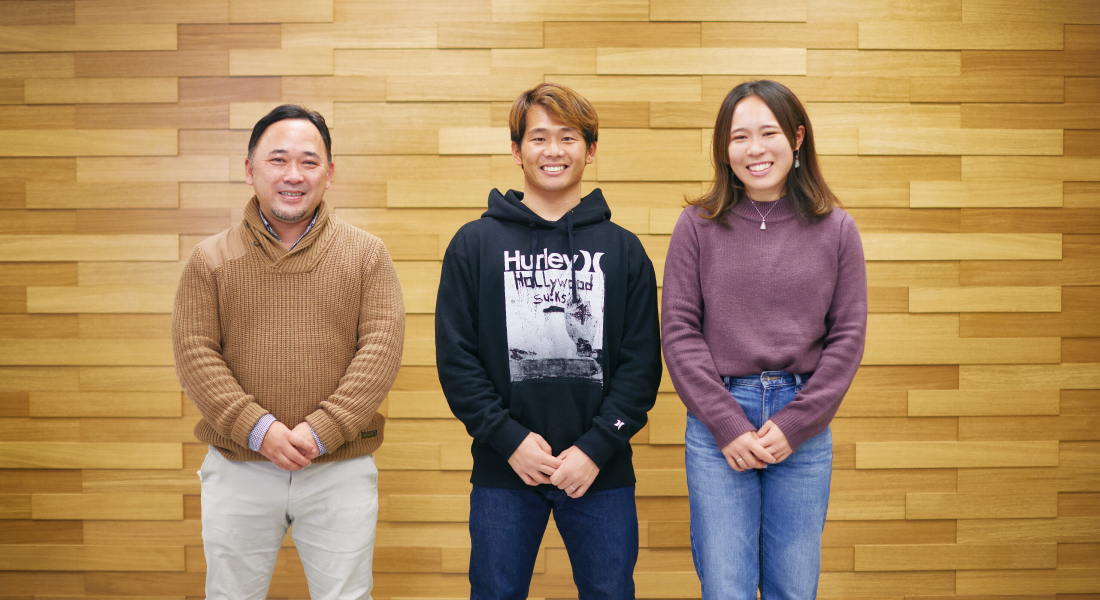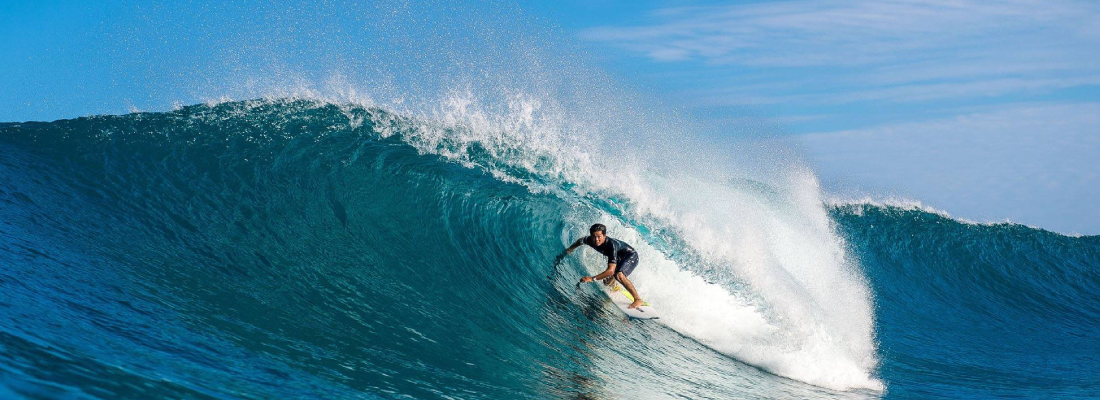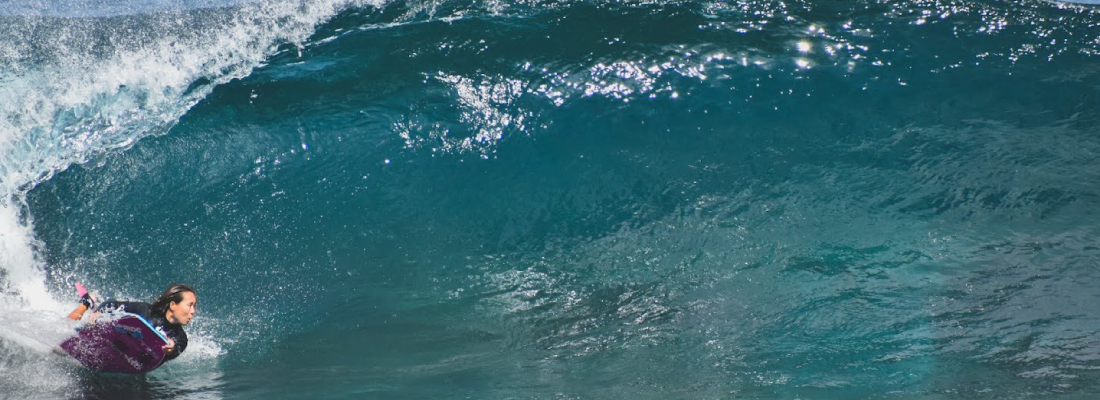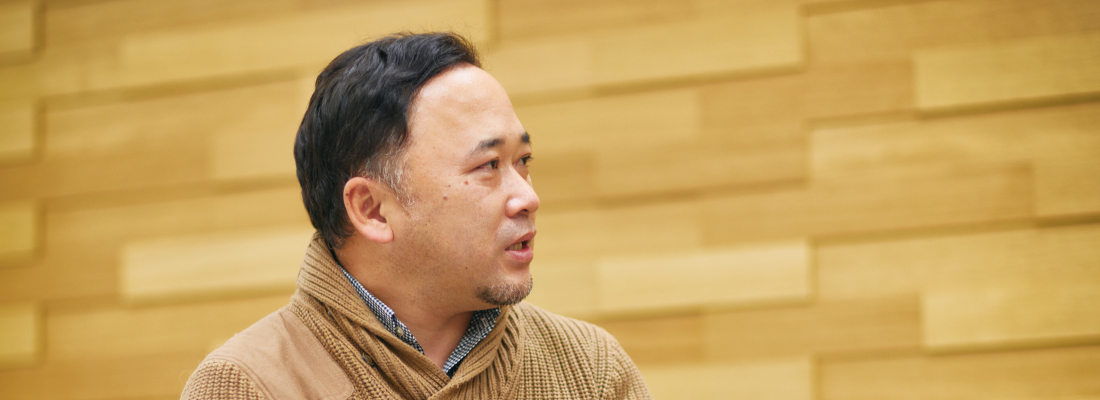Community


JRE's Managing Executive Officer Kiyoshi Doi had a talk with Hiroto and Sari Ohhara, brother and sister who are world-class athletes in surfing and bodyboarding.
How will JRE, whose mission is "Changing the World with Renewable Energy," and the two athletes who routinely spend their time in the ocean interact?
This is Part 1 of the Crosstalk between these three, who envision the future from different perspectives, sharing their views about environmental problems.
※ Center of the top photo
※ Right of the top photo
※ Left of the top photo


Doi :
Hiroto :
Sari :
Hiroto :


Sari :
Doi :
Sari :
Doi :
Sari :
Hiroto :
Sari :
Hiroto :


Hiroto :
Doi :


Doi :
Sari :
Hiroto :
Doi :
Hiroto :
Doi :
Hiroto :
Sari :
Doi :
Sari :
Doi :
Sari :
Doi :


Sari :
Doi :
Sari :